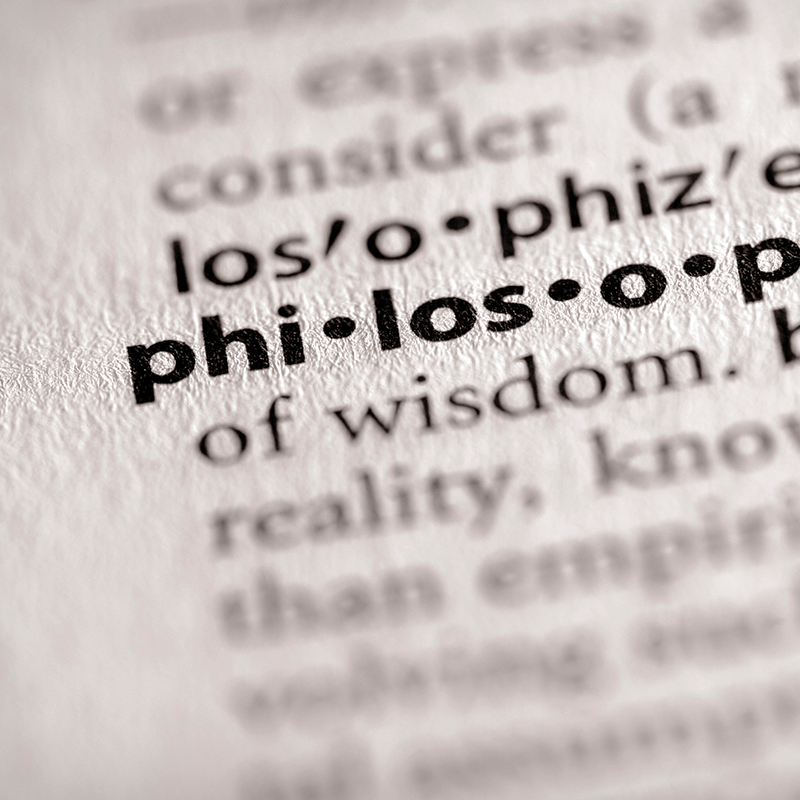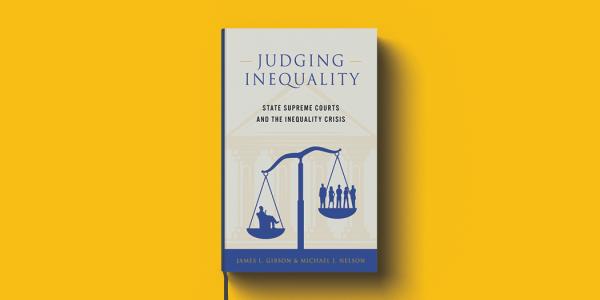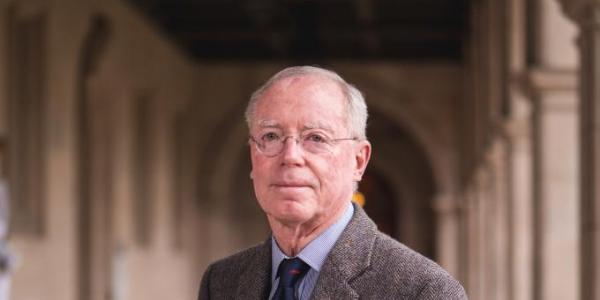https://philosophy.wustl.edu/xml/faculty_staff/11656/rss.xml
Professor Heil is listed among the 50 Most Influential Living Philosophers. He works primarily in metaphysics and philosophy of mind and has teaching interests in metaphysics, logic, philosophy of mind, and early modern philosophy.
In 2020, John Heil was elected a Fellow of the Australian Academy of the Humanities. He was a 2019–2020 Fulbright-Australia Fellow at Monash University, and the recipient of a John Simon Guggenheim Memorial Fellowship in 2018–19. Heil's most recent books include From an Ontological Point of View (Oxford University Press 2006) and The Universe as We Find It (Oxford University Press 2012), Appearance in Reality (Oxford University Press 2021), What is Metaphysics? (Polity Press 2021), Relations (Cambridge University Press 2021, and First-Order Logic: A Concise Introduction 2d ed (Hackett2021). He is currently working on the 5th edition of Philosophy of Mind: A Contemporary Introduction (Rutledge) and a monograph, tentatively titled Things are Seldom What They Seem.
Professor Heil's Institute of Art and Ideas lectures on The Universe as We Find It, delivered at Hay-on-Wye in 2014 at the 'HOWTHELIGHTGETSIN' festival, and a recent piece on the Secrets of Experience on can be found on the Institute's Philosophy for Our Times webpage.
Interview and Talks
Richard Marshall's 3:AM Magazine interview with John Heil on The Universe as We Find It
Tony Sobrado's Biggest Questions interview with John Heil on 'What is Consciousness?'
Appearance and Reality: A Q&A with John Heil Interview by John More
Appearance in Reality
By John Heil FAHA
Appearance in Reality deals with this question. You rely on instruments and everyday experience to verify your theories, but these theories are about unseen things that seem to have very strange properties. What’s the relationship between the appearance of things and their reality?
Metaphysics in that sense is really inescapable. Everybody poses these questions to themselves, but when people recognize that they've run into a metaphysical problem they typically say, “oh okay, that's just for the philosophers,” and they walk away from it, not realizing that they’ve actually taken a philosophical position already.

The Universe As We Find It
By John Heil FAHA
What does reality encompass? Is reality exclusively physical? Or does reality include nonphysical -mental, and perhaps 'abstract' -aspects? What is it to be physical or mental, or to be an abstract entity? What are the elements of being, reality's raw materials? How is the manifest image we inherit from our culture and refine in the special sciences related to the scientific image as we have it in fundamental physics? Can physics be understood as providing a 'theory of everything', or do the various sciences make up a hierarchy corresponding to autonomous levels of reality? Is our conscious human perspective on the universe in the universe or at its limits? What, if anything, makes ordinary truths, truths of the special sciences, and truths of mathematics true? And what is it for an assertion or judgment to be 'made true'?
In The Universe As We Find It, John Heil offers answers to these questions framed in terms of a comprehensive ontology of substances and properties inspired by Descartes, Locke, their successors, and their latter day exemplars. Substances are simple, lacking parts that are themselves substances. Properties are modes -particular ways particular substances are -and arrangements of propertied substances serve as truthmakers for all the truths that have truthmakers. Heil argues that the deep story about the nature of these truthmakers can only be told by fundamental physics.







